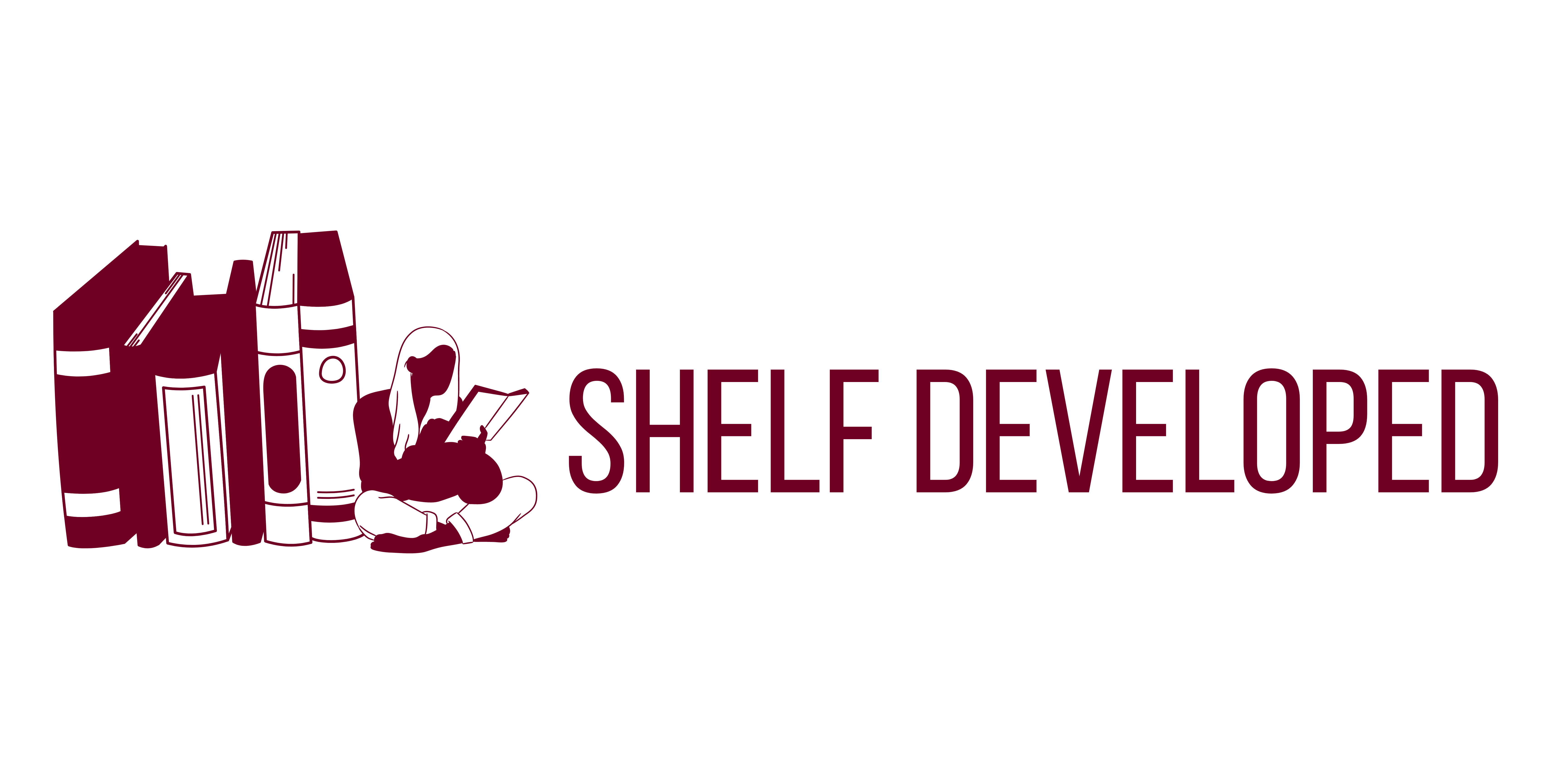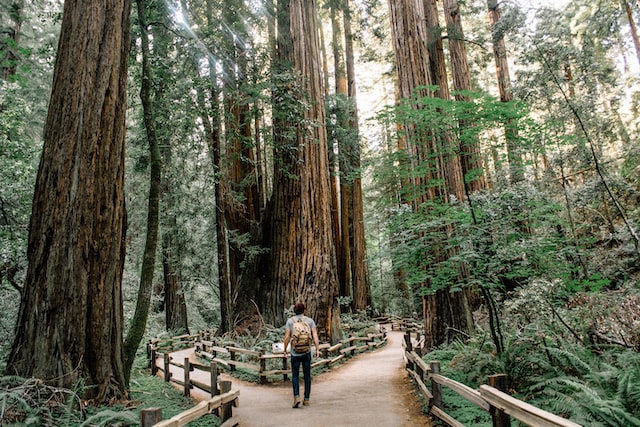In honor of my birth month, I am sharing five books that helped me reflect, heal, and grow over the past year. The lessons from these books have helped me uncover difficult truths I had buried deep down for many years. Sometimes the wisdom of others gives warmth and solace in a way that even the most well-intended people cannot. This isn’t to relegate friendship. Sometimes, knowing that other people make it on the other side of painful experiences and return with insights that go beyond conventional wisdom is a balm for your aching soul. That is what these books did for me, and I hope can offer you, too.
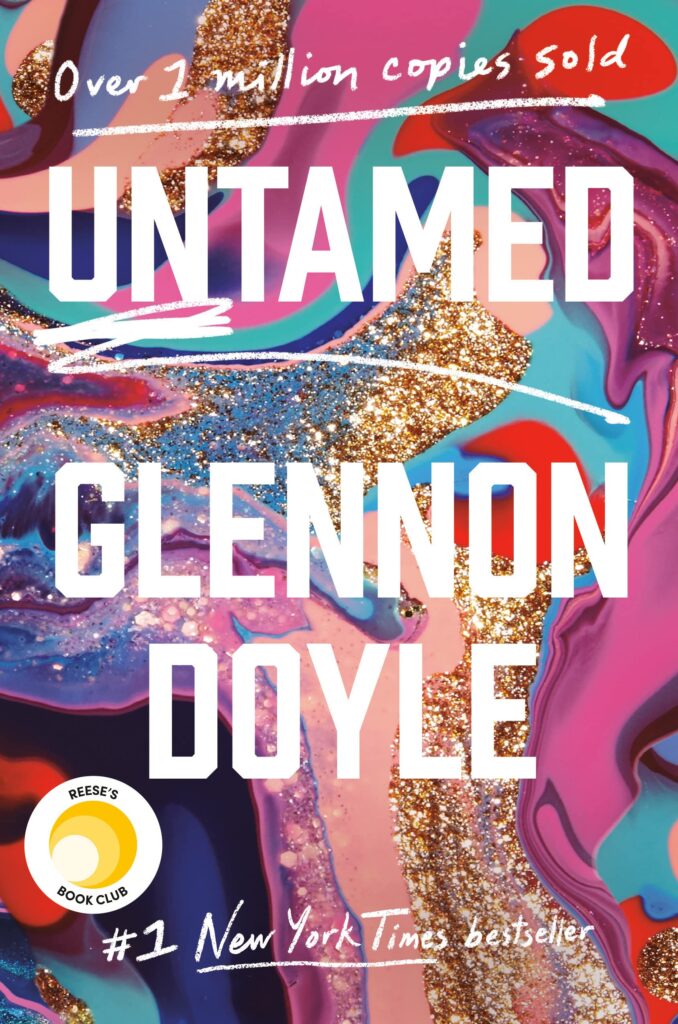
Untamed by Glennon Doyle (Memoir)
Untamed underscores the impact of vulnerability in storytelling. I’ve often said that good writing is a little bit expository and personal. Glennon Doyle shares her flaws, fears, and failures with unrelenting candor in this memoir. If it isn’t obvious from the title, the themes across this memoir are about freedom: liberating yourself from the expectations of others, and giving yourself permission to live life as yours.
Read my Three Takeaways here.
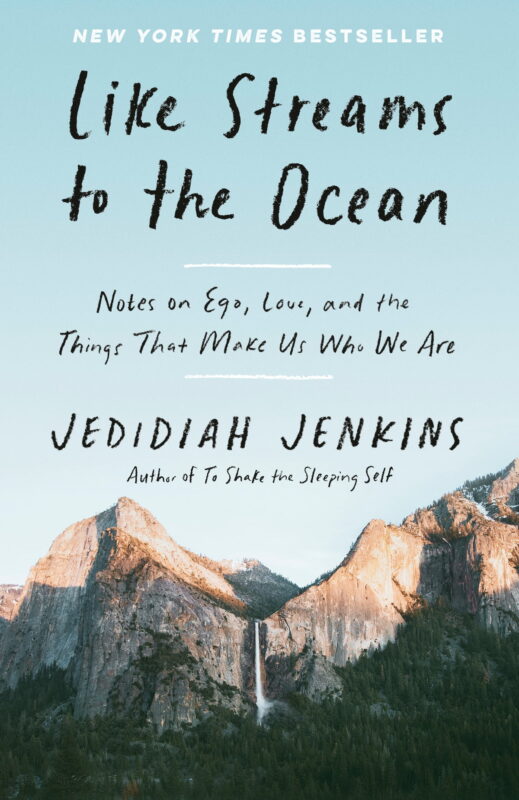
Like Streams to the Ocean by Jedidiah Jenkins (Memoir)
Jedidiah Jenkins writes with wisdom seeping on every page of this reflective memoir—not the haughty, lofty kind, but the one that’s roughened up by real heartbreak and softened by reflection and self-acceptance. Jenkins shares his thoughts on love, work, friendship, death, and more feel both comfortable and vulnerable at the same time. They are long conversations with a dear friend over several glasses of wine on silent evenings. The kind where profundity prevails and brings you to tears, but closer together, too.
Read my Three Takeaways here.
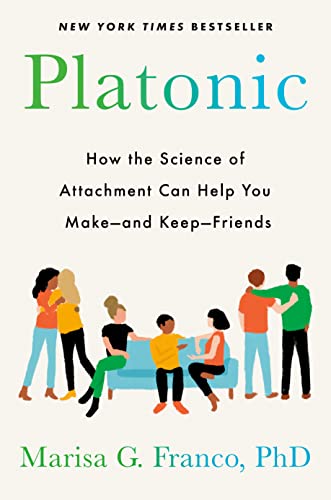
Platonic: How the science of attachment can help you make and keep friends by Marisa G. Franco (Psychology)
This book was a recommendation from The Atlantic. It’s difficult to make friends as an adult. It’s even harder when you’ve sat through a remote work setup while living alone, unable to meet or interact with others. It was great for a while, as an introvert who enjoys solitude. But there came a point where I realized my social skills had rapidly deteriorated, and I did need to work on building meaningful connections to enrich my life. This book did two things for me: first, I became incredibly thankful for the friendships I do currently have and maintain; second, I realized there is always more I can do to help my own friends feel loved and secure in the ways they need.
We all think we know how to make and, more importantly, maintain friendships, but there is a science to this. Communication and relationship-building are lifelong skills we need to develop. I must warn you, though, that this book also anchors its teachings on attachment theory. I sometimes found myself feeling rather vulnerable while going through it.

A Single Revolution by Shani Silver (Psychology, Self-Help)
This book’s entire thesis is that we need a major cultural reset around singlehood, and that’s a thesis I can get behind. So many singles struggle to get themselves out of the dating hamster wheel, perpetuated by dating apps and terrible internet advice. This book helped me realize that strife only creates more anxiety you don’t need. And the reason that people strive is based on unrealistic expectations and societal norms surrounding couplehood. In fact, most of us probably don’t even think about what we can offer in a relationship, only what we want. We busy ourselves trying so hard to find a relationship to fulfill our fantasies. That in itself sounds rather selfish, don’t you think?
Life is rich even if you do it alone. That shouldn’t be taken for granted.
Read my Three Takeaways here.
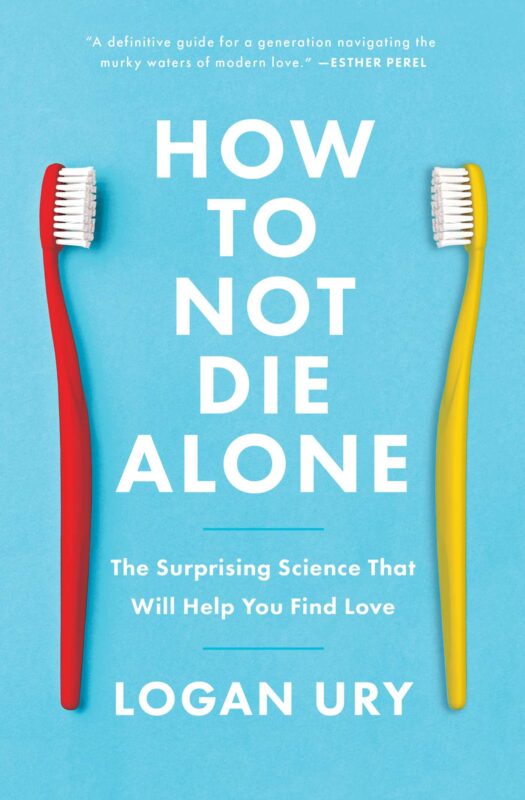
How to Not Die Alone by Logan Ury (Psychology, Self-Help)
I’ve encountered this book a few times through Ali Abdaal’s channel but never bothered reading it because I didn’t find it relevant or applicable. I don’t care about dying alone, I told myself. And while that still holds true, behavioral scientist and dating coach Logan Ury offers scintillating insights that would benefit so many of us as individuals, not just as couples.
This book affirms the lesson that love and dating are not really about the other person, but about learning to love and learn about yourself. Relationships are a lot more about us than we like to think. The bulk of dating is about developing abilities to communicate, listen, and empathize. A lot of it also requires us to undergo psychological excavation and throw out a lot of bad internet dating advice—both of which I think are good ideas. Even if you’re not looking to date, you will still have something to gain from reading How To Not Die Alone.
As I get older, I’ve found that making your mind a pleasant place to be is one of the most important investments you can make. Nothing in life is permanent, and anything can change in an instant. People may not always be around, but you will always have you. It’s imperative that we learn to help ourselves. I hope that these books can lead you down that path.
If you enjoyed this post, check out my other book recommendations!
